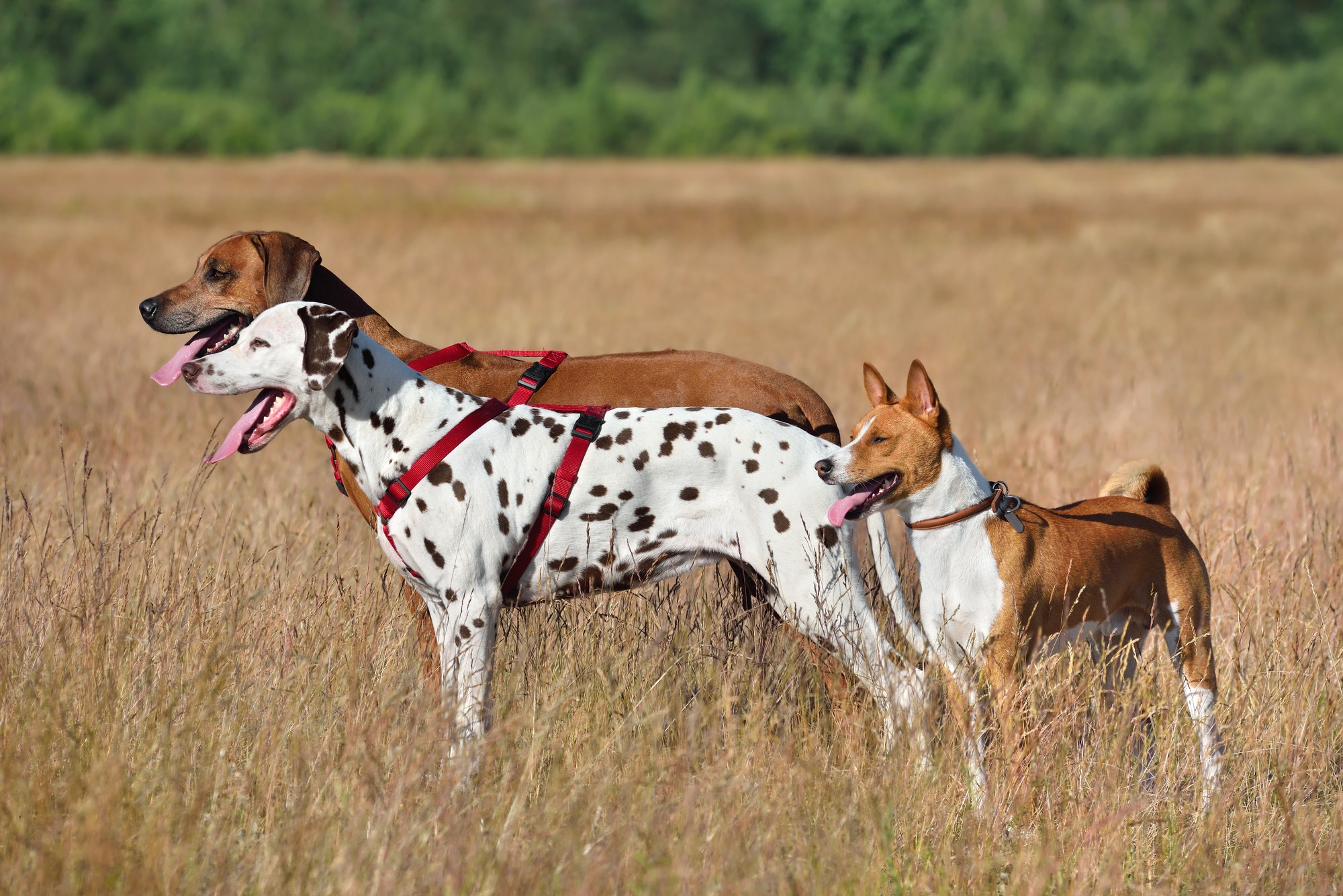Dogs, like humans, require some nutrients to live a healthy life. Dogs are omnivorous animals. This means that they get their nutrition from both plant and animal sources. Dogs cannot survive on a purely carnivorous diet, but they can be vegan. A particular diet plan containing all the nutrients required must be created for this to be possible. These nutrients are needed in different amounts for different stages in a dog’s life, but they must be present in their meals.
Water
Every living thing needs water to survive. About 75% of a dog’s lean mass is composed of water. The water requirement of dogs differs based on the foods they consume (if their meals have a lot of liquid content, they drink less water and vice versa) and the region they are in (hot climate equals more water). Dogs should always have access to clean water. This water can be gotten from a tap that has a filter.
Fat
Dogs have evolved into using mainly proteins and fat as their energy source. Due to this, a dog’s diet requires a high-fat content. Fats also contain omegas 3 and 6, regulate the nervous system, protect the internal organs. aid in the absorption of fat-soluble vitamins. When we say fast, we mean healthy fats-the unsaturated fats. The fat needs of dogs vary based on age (growing dogs need less fat than adult dogs) and activeness (a lapdog uses about 10% less fat than average while a working dog might need 20% to 40% more). They can be obtained from low-mercurial fishes, fish oils, and plant oils.
Proteins
Proteins are the source of amino acids, often referred to as the building blocks of life. They provide amino acids and are necessary for producing hormones, antibodies, enzymes, and neurotransmitters. Puppies and pregnant or lactating dogs require them in about twice as much quantities as adult dogs. They can be gotten from lean meats, fish, eggs, and vegetable sources like lentils and beans.
Vitamins
Vitamins are an organic food class that contains carbon and a required in small quantities for metabolism. They are classified as fat-soluble, vitamins A, D, E, K, and water-soluble B and C. They play a role in regulating phosphorous and calcium, boosting the immune system, etc. They can be found in many places, such as plant-based foods, organs, and muscle meat.
Minerals
These are inorganic foods classified into macro minerals (calcium, magnesium, etc.) and microminerals (iron, copper, etc.). They constitute a significant part of the bones, assist wound healing, regulate fluid balance, etc. They can be gotten in meat, bones, and shellfish.
Carbohydrate
These are a food group made up of sugars, starches, and fiber. They are not essential for dogs, but a little bit is advised as they provide some vitamins and minerals, antioxidants, and plant-based nutrients that optimize growth. Dogs find it hard to digest carbohydrates, but they get better when cooked. These carbohydrates can be obtained from fruits, legumes, and gluten-free grains.
Conclusion
The specific quantities of these nutrients depend on your dog so make sure to visit a vet and read the labels on your pet food to ensure maximum health.

